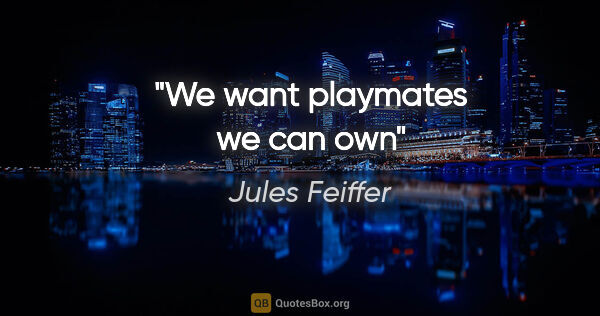In my lifetime I was to write only one book, this would be the one. Just as the past Lingers in the present, all my writings after night, including those that deal with biblical, Talmudic, or Hasidic themes, profoundly bear it's stamp, and cannot be understood if one has not read this very first of my works. Why did I write it? Did I write it so as not to go mad or, on the contrary, to go mad in order to understand the nature of the madness, the immense, terrifying madness that had erupted in history and in the conscience of mankind?
Elie WieselAbout author
- Author's profession: Novelist, Journalist
- Nationality: american
- Born: September 30, 1928
Related Authors
Topics
Quotes currently Trending
...I was just laying aside a Lausanne paper I'd bought in Zurich when my eye was caught by a report that said the remains of the Bernese alpine guide Johannes Naegeli, missing since summer 1914, had been released by the Oberaar glacier, seventy-two years later. And so they are ever returning to us, the dead. At times they come back from the ice more than seven decades later and are found at the edge of the moraine, a few polished bones and a pair of hobnailed boots.
W. G. Sebald

The only people who live in a post-black world are four people who live in a little white house on Pennsylvania Avenue. The idea that America is post-racial or post-black because a man I admire, Barack Obama, is president of the United States, is a joke. And I hope no one will even wonder about this crazy fiction again.
Henry Louis Gates


I could not unlove him, because I felt sure he would soon marry this very lady-because I read daily in her a proud security in his intentions respecting her-because I witnessed hourly in him a style of courtship which, if careless and choosing rather to be sought than to seek, was yet, in its very carelessness, captivating, and in its very pride, irresistible.
Charlotte Bronte
In all times and in all places, whatever may be the name that the government takes, whatever has been its origin, or its organization, its essential function is always that of oppressing and exploiting the masses, and of defending the oppressors and exploiters. Its principal characteristic and indispensable instruments are the bailiff and the tax collector, the soldier and the prison. And to these are necessarily added the time-serving priest or teacher, as the case may be, supported and...
Errico Malatesta


